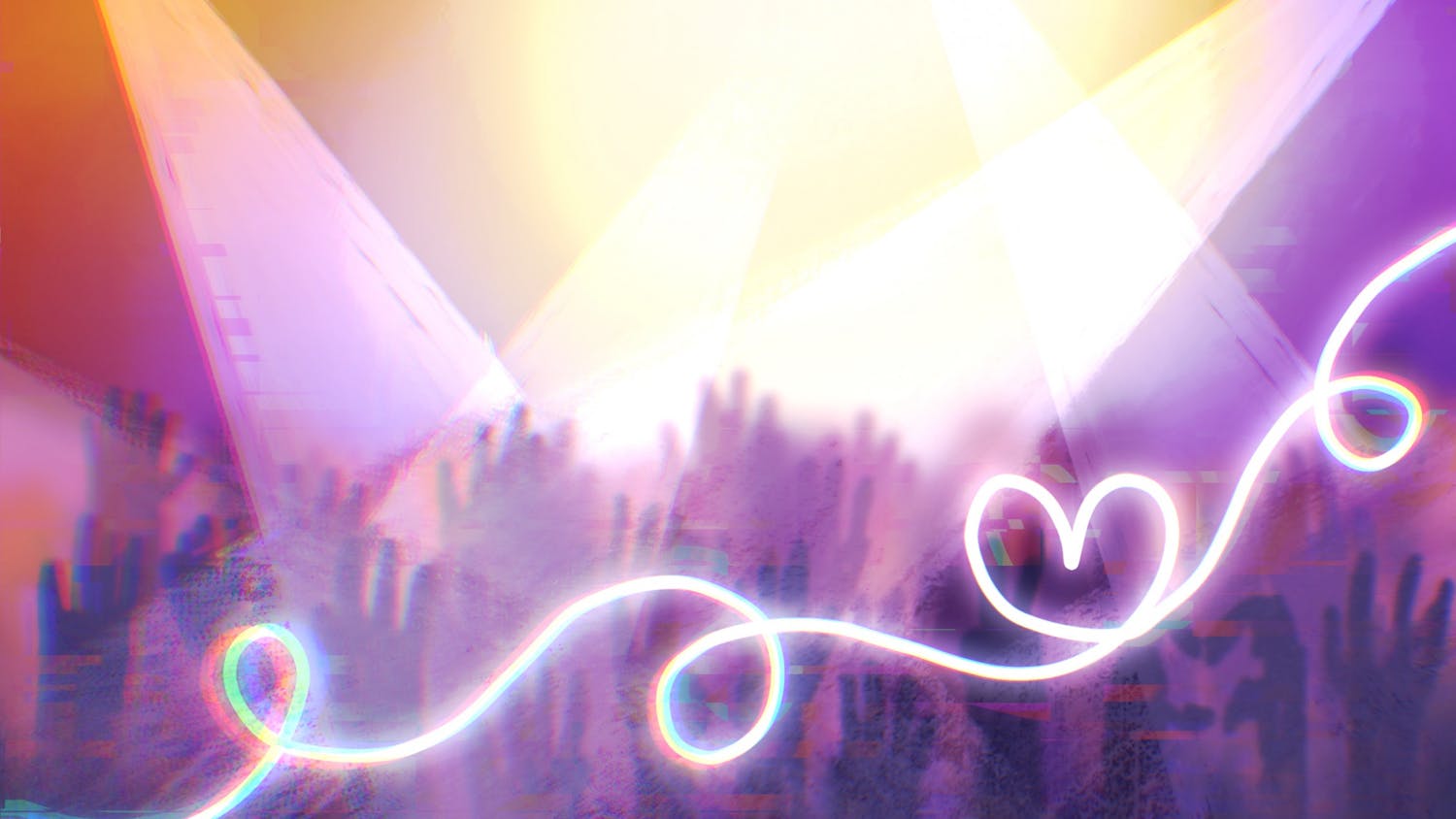Illustration by Emily Erskine By Andrew McClain Warning: Slight spoilers ahead. When you look at media today, there are an abundance of superhero themed options to choose from. The biggest of those options is probably the Marvel Cinematic Universe, which started back with the first “Iron Man” movie. Then, more recently, the Arrowverse gained popularity, spawning spinoffs in the form of “The Flash,” “Supergirl” and “Black Lightning.” However those options all tend to cater to a lighter theme, with violence being stylized without being gratuitous. Then Netflix decided they’d turn that concept on its head with “Daredevil,” which featured some of the most graphic and gritty scenes in recent memory. The success of “Daredevil” gave rise to other equally gritty shows, like “Punisher,” that explored darker themes than you would typically see in superhero shows or movies. In the process, they likely boosted sales of fake blood in show business tenfold, but those shows were eventually cancelled, and that can probably be traced to the saying, “Too much of a good thing.” Queue “Umbrella Academy.” Set in the real world where the protagonists are surrounded by ordinary, powerless humans, the show does an excellent job in its world-building. It’s probably the best portrayal of super-powered humans trying to fit in to normal society since “Watchmen,” which, despite being preachy and having an overabundance of blue wang, did a good job of exploring the moral issues of super-powered individuals and their effects on the world. “Umbrella Academy” is a decently written show, though it does rely on time travel as a gimmick a little too often for my tastes. Despite that, what kept me watching was the characters. Far from being perfect, they are each deeply flawed individuals with serious issues. Many of those issues come from their treatment at the hands of their adoptive father, Sir Reginald Hargreeves, played very capably by Colm Feore. Known as a reclusive billionaire, flashbacks throughout the show depict him as a cold, calculated bastard of a man who treats his adopted children as weapons instead of children. His lack of empathy extends to the point where he didn’t even bother giving the children names, instead opting to give them each a number, one through seven. The most obviously damaged character in the series, and my personal favorite, has to be Klaus, aka Number Four, played by Robert Sheehan. Klaus is an unapologetic polysubstance abuser who uses drugs to cope with his power of being able to see the dead. He alternates between being the comic relief and the saddest character in the show, though the latter is usually reserved for Vanya, aka Number Seven, portrayed beautifully by Ellen Page. Vanya, the only one who grew up without powers, is somewhat ostracized from the rest of group. That fact becomes a major plot point later in the series, though that plot feels a little thin at times. It’s the sort of issue where one good conversation could probably have averted a whole lot of drama, but where would the fun be in that? Regardless, Page plays the role to perfection, embodying the kind of quiet sadness that a lifetime of isolation and anxiety medication can foster. On the other end of the spectrum is Number Five, who doesn’t have a name beyond his number. Played by Aidan Gallagher, Five has the ability to travel through space and time. Gallagher’s performance is impeccable, especially considering his character is a 58-year-old man trapped in a 13-year-old’s body. He can be a bit of a pompous prick, but therein lies his charm. He has a genius-level intellect and is quick to point that out. He’s also an unrepentant killer who worked for a time traveling assassination bureau, called The Commission, as a gun-for-hire. He abandoned that part of his life, though, to return to his own time, albeit 17 years after his initial disappearance, in an attempt to stop the apocalypse, which destroys all life on earth. Of course, the Commission is not to be trifled with, which is where Cha-cha and Hazel come in to the picture. Played by Mary J. Blige and Cameron Britton, respectively, the pair are partners in the world of assassination. Despite their job descriptions, the two hilariously blend the realities of white-collar work with the grim business of killing anyone who gets in the way of their goal of terminating Number Five, who has been labeled a rogue asset. All-in-all, “Umbrella Academy” is a fun show that explores some darker themes without taking itself too seriously. The plot is elevated by interesting and relatable characters who feel like real people with real problems, and while there are definitely moral lessons that can be taken from the show, it never feels like the audience is being preached or pandered to. I give the show four stars out of five, and am looking forward to the second season, which was recently confirmed by Netflix. I just hope they take the opportunity to do something interesting with Allison Hargreeves, aka Number Three, played by Emmy Raver-Lampman, who spent most of the series being little more than a pretty face who couldn’t manage to do anything right. She’s got some serious acting chops, and it would be a shame not to utilize them to the fullest.





